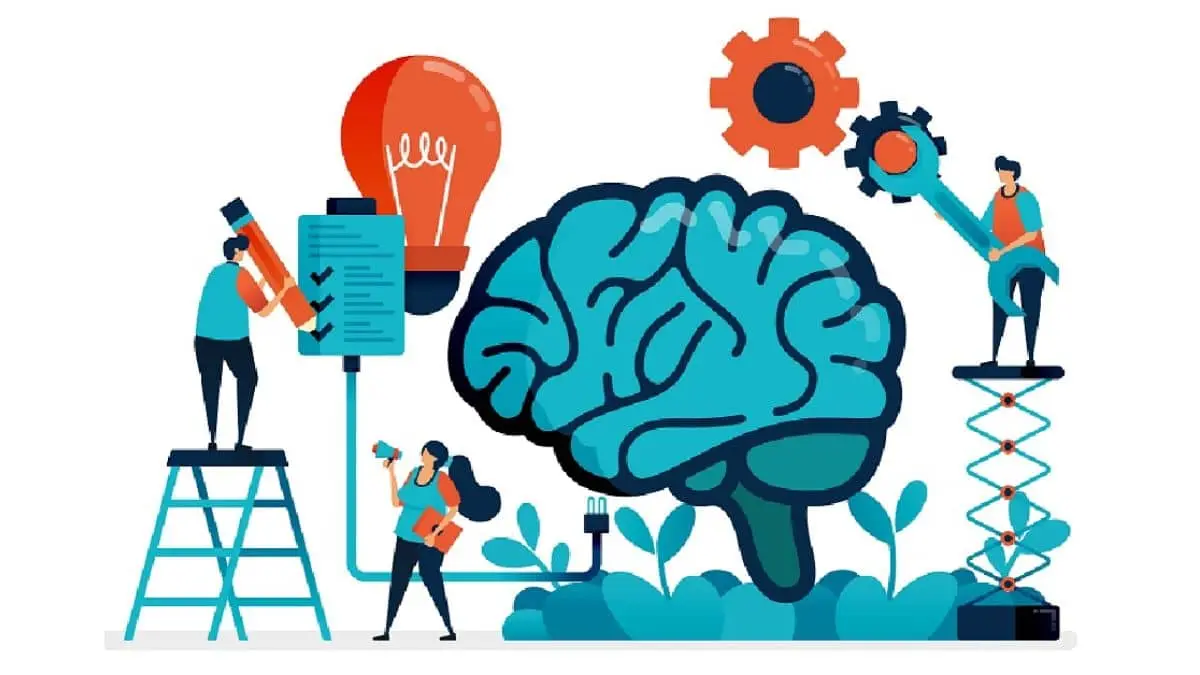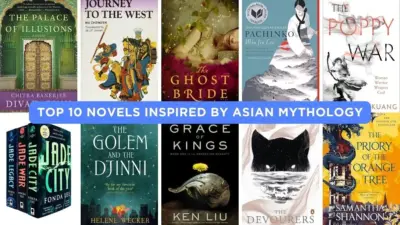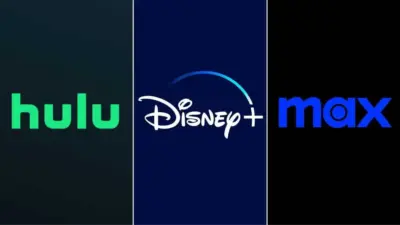- Half-cooked knowledge refers to having a superficial understanding of a topic, often from reading fragments of informati…
- However, without the nuanced understanding that medical professionals possess, such searches often lead to unnecessary p…
- Investing in the stock market is another sphere where half-cooked knowledge can be particularly dangerous.
- In technology, half-cooked knowledge can manifest through cybersecurity oversights.
- The political sphere is fraught with risks stemming from partial understanding.
- Half-cooked knowledge is like a half-built bridge—it can lead to dangerous consequences when relied upon.
In an era where information is available at our fingertips, we often come across phrases like “half-cooked knowledge is always dangerous.” The statement, although seemingly straightforward, holds significant weight in the modern world, where the abundance of knowledge doesn’t always translate to understanding. Let’s delve into what it means and explore some real-world examples illustrating the risks of partial understanding.
Understanding Half-Cooked Knowledge
Half-cooked knowledge refers to having a superficial understanding of a topic, often from reading fragments of information or hearing secondhand accounts without grasping the full picture. This incomplete understanding leads to overconfidence and misinterpretation, making it perilous when applied to complex situations.
Few Examples when Half-Cooked Knowledge is Dangerous
Example 1: The Medical Trap
A common scenario in the age of the internet is self-diagnosis based on superficial medical knowledge. With platforms like WebMD and Google, it’s easy to look up symptoms and make presumptive conclusions about ailments. However, without the nuanced understanding that medical professionals possess, such searches often lead to unnecessary panic or dangerous misdiagnoses. For instance, a simple headache could prompt a person to assume they have a life-threatening condition like a brain tumor, prompting undue stress or self-prescribed treatments that could be harmful.
Example 2: The Financial Pitfall
Investing in the stock market is another sphere where half-cooked knowledge can be particularly dangerous. New investors might gain superficial knowledge about a “hot” stock from social media platforms or friends, assuming it’s a sure-shot win without understanding market fundamentals, volatility, or risk factors. Such incomplete insight often leads them to invest in unsuitable assets, resulting in substantial financial losses. The GameStop short squeeze incident is a prime example, where many retail investors entered based on social media hype without grasping the complexities of market dynamics, leaving some with significant losses.

Example 3: The Technological Minefield
In technology, half-cooked knowledge can manifest through cybersecurity oversights. Many individuals believe antivirus software alone is enough to secure their systems. This incomplete understanding ignores the multifaceted nature of cyber threats that require a more holistic approach, including strong passwords, multi-factor authentication, and regular software updates. This superficial knowledge can lead to significant vulnerabilities that sophisticated cybercriminals can easily exploit.
Example 4: The Political Muddle
The political sphere is fraught with risks stemming from partial understanding. Sound bites from politicians or media can be misleading if taken out of context, leading to polarized opinions based on incomplete information. This often drives people to vehemently support or oppose policies without fully understanding the intricacies or implications. Such a situation can result in polarization and the implementation of poorly understood or ill-informed policies.
How to Mitigate the Dangers of Half-Cooked Knowledge
- Thorough Research: Make sure to explore multiple, reliable sources to get a well-rounded understanding before drawing conclusions.
- Consult Experts: Seek advice from those who specialize in their fields. A doctor can better assess medical symptoms, and a financial advisor can provide deeper investment insight.
- Critical Thinking: Develop critical thinking skills to differentiate between facts, opinions, and misinformation.
- Continuous Learning: Keep learning and updating your knowledge to ensure it stays relevant and comprehensive.
- Admit Knowledge Gaps: Accepting that you don’t know everything and identifying gaps in your understanding is the first step toward accurate learning.
Conclusion
Half-cooked knowledge is like a half-built bridge—it can lead to dangerous consequences when relied upon. In this fast-paced, information-saturated world, cultivating a culture of in-depth learning and humility is key to avoiding pitfalls. Whether it’s health, finance, technology, or politics, a comprehensive understanding helps navigate complexities and make well-informed decisions. So, next time you find yourself wielding partial information, take a step back, dive deeper, and cook it well before serving it up!
Also Read: Kindness is the language which the deaf can hear and the blind can see.



